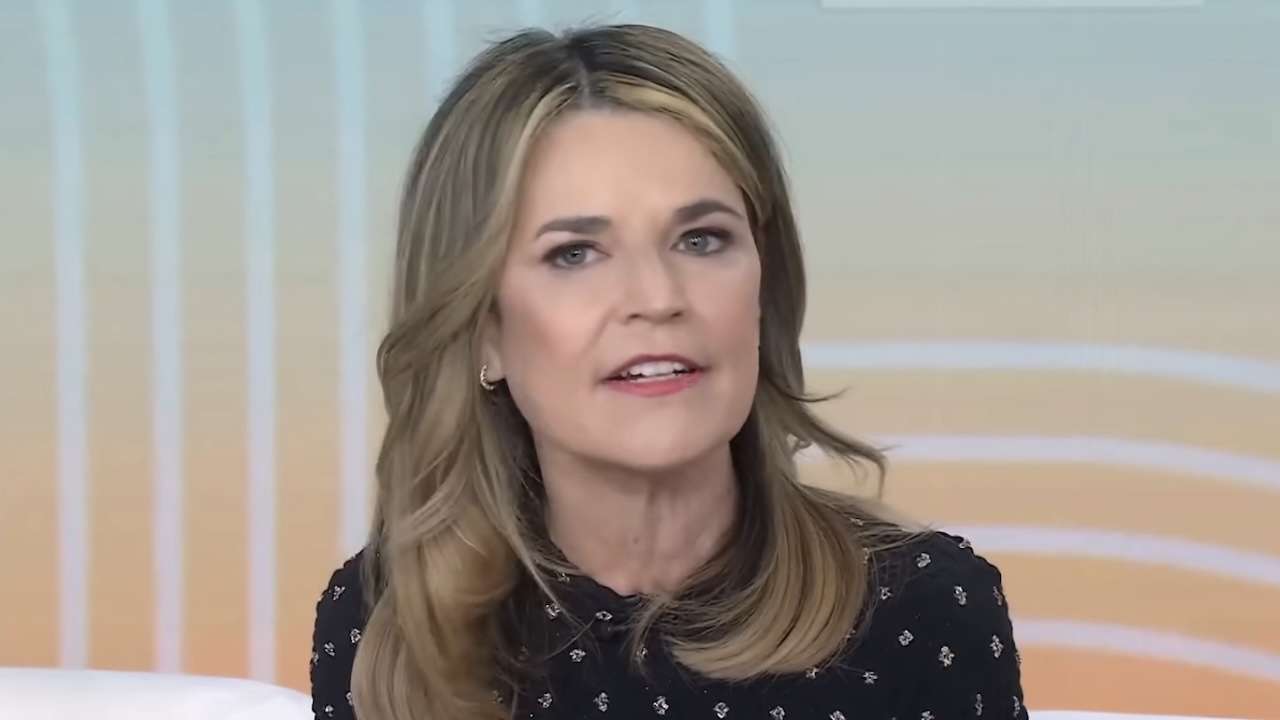The Main Reasons Some Marvel Fans Have Issues With Iron Man 3
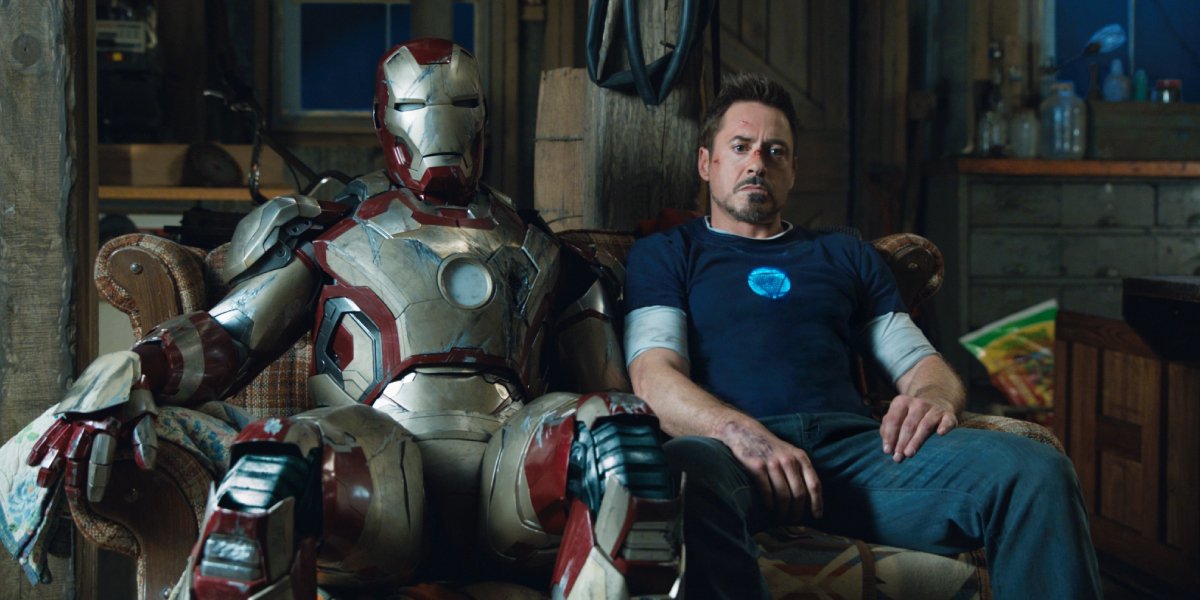
A franchise as diverse and extensive as the Marvel Cinematic Universe is bound to incite disagreement among some fans, such as those who actually enjoy the not-too-popular Thor: The Dark World, or have expressed certain issues they have with the highly acclaimed Avengers: Endgame. When it comes to Iron Man 3, however, few debates within the franchise have been so heated.
Director Shane Black took over for the third installment headlined by Robert Downey Jr. as Tony Stark, adding his own signature touches, for better or worse. I mean, as far as I can tell, no one has ever had a problem with Iron Man 3 being set around Christmas, but there are a vast number of other things that Black and co-writer Drew Pearce did with the story that had many fans questioning the future of their favorite Avenger and even the quality of the MCU as a whole.
So, what exactly did certain audiences dislike about this threequel enough for the conversation to last more than seven years after its release? Let’s analyze the controversy a bit deeper with five example arguments that disgruntled comic book fans have made most frequently cited in opposition to Iron Man 3, starting with the claim that the title itself is a bit of a misnomer.
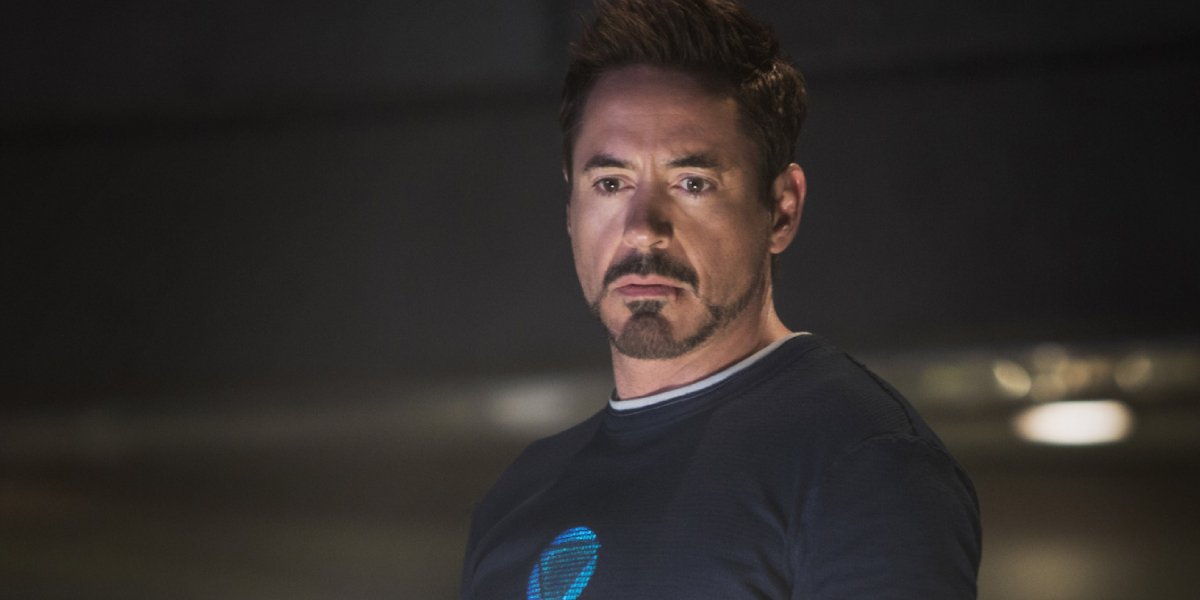
Too Much Tony Stark, Not Enough Iron Man
There are some fans who, when attending a movie named after their favorite superhero, are more interested in seeing the superhero itself and not the person inside the suit. However, we can barely even relate that sentiment to Iron Man 3 as the movie sees Tony Stark actually spending very little time in his signature armor, even going as far as using mind control tech to pilot the suits remotely. Not to mention how the bulk of the film follows Stark struggling to rebuild his armor while stranded in Tennessee (an already familiar plotline), only for us to see him use it in a most cartoonish way in the final act.
Counterpoint: Disappointing fight sequences aside, the lack of "Iron Man" in Iron Man 3, and even the more absurd uses of the armor, do, at times, seem to be an intentional effort to convince audiences to take Tony Stark more seriously as a man, which you could argue was a success given how beloved he is (or had been, more accurately) without the armor since. On the other hand, I do not recall much prior disdain toward the character without the armor anyway and, besides, did he not resort to bathroom humor while wearing it in Iron Man 2? Furthermore, Stark's use of remote controlled suits is clearly a coping mechanism for his explicitly referenced anxiety, which actually brings up our next main complaint.
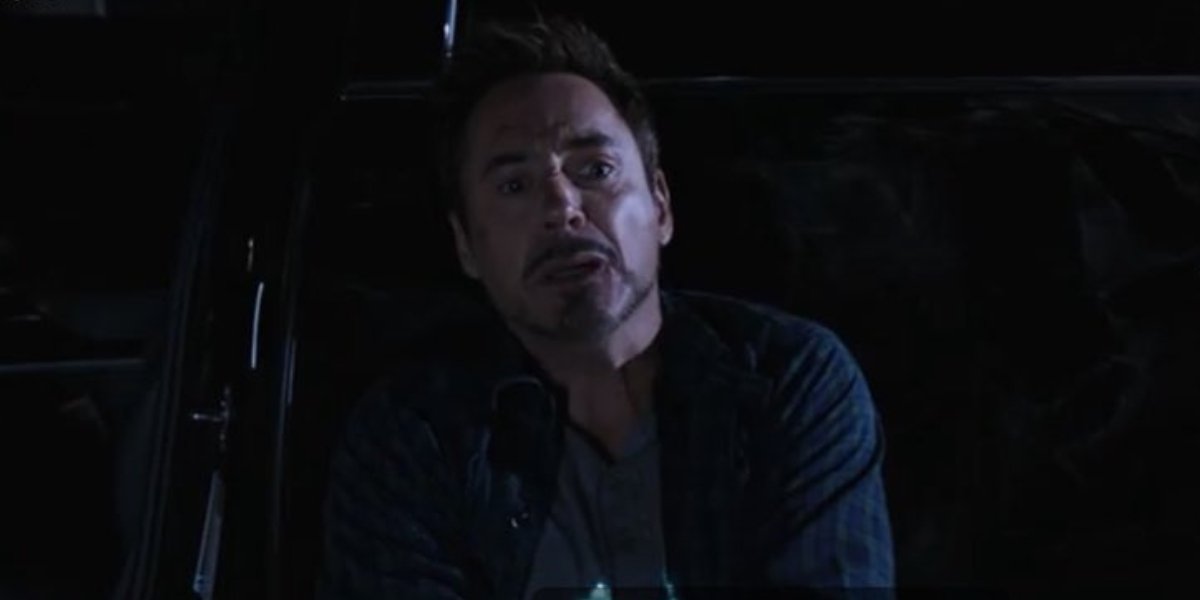
Tony Stark’s Anxiety Is Inconsequential To The Story
There are actually a number of issues fans have with Tony Stark's emotional trauma following his near-fatal victory against the Chitauri in 2012's The Avengers. Not only is this a little out of character for the famously egotistical aristocrat and, even worse, is largely played for laughs, but the anxiety attacks just do not seem to have much bearing on anything that happens in Iron Man 3. The most glaring example of this is when Stark admits his fear of being Iron Man any longer to Pepper Potts (Gwyneth Paltrow) almost immediately before making a very public, one-on-one challenge against The Mandarin (Ben Kingsley... well, not exactly, but more on that soon).
Counterpoint: Despite how unconvincing Tony Stark's symptoms seem to be, Travis Langley, who is well-known for psychological analyses of comic book characters, claims in his column about the topic for Psychology Today that his behavior does accurately resemble someone in great denial of their PTSD. Furthermore, one could vouch for the anxiety subplot as a refreshing twist on our standards for superheroes' invulnerability and on the character of Iron Man as a whole. I mean, that is not an argument that I would make, personally, as I still find it so lazily wedged in, especially by how it seems to disappear by the third act, but it is an argument that someone could make.
Your Daily Blend of Entertainment News
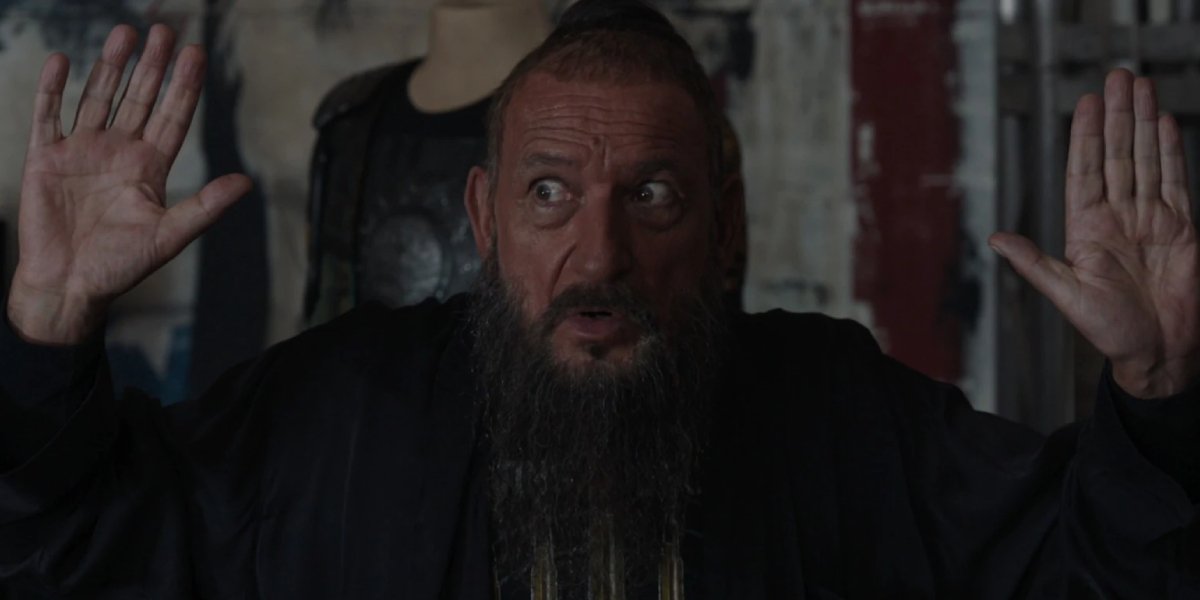
The Mandarin Twist Is Weak
Speaking of arguments, has Marvel ever faced a backlash of more incendiary value than from the twist of The Mandarin's true identity in? This iconic comic book villain, often cited as the Joker to Iron Man's Batman, is discovered to be no more than a washed-up, drug-addled actor named Trevor Slattery (Academy Award-winner Ben Kingsley), who has been hired to keep up the façade that he is the true face of these devastating terrorist attacks. For many, this is the moment when Iron Man 3 completely craps the bed, not just as a poorly executed punchline to an already pointless burnout joke, but as a gross disservice to fans who had anticipated a worthy debut of one of their favorite antagonists.
Counterpoint: Of course, there are those who feel otherwise, including co-writer and director Shane Black himself, who defended the twist as an unusual surprise to a normally predictable summer blockbuster that was almost too successful in exceeding expectations. Some fans and critics agree, believing the fake out to be just what Iron Man 3 needed to stand out as more than another superhero and even deepens its coherence with the rest of the Marvel Cinematic Universe. I, for one, could take or leave the Mandarin twist, because, in my eyes, even the reveal of a fake villain is not as weak as the film's true villain.
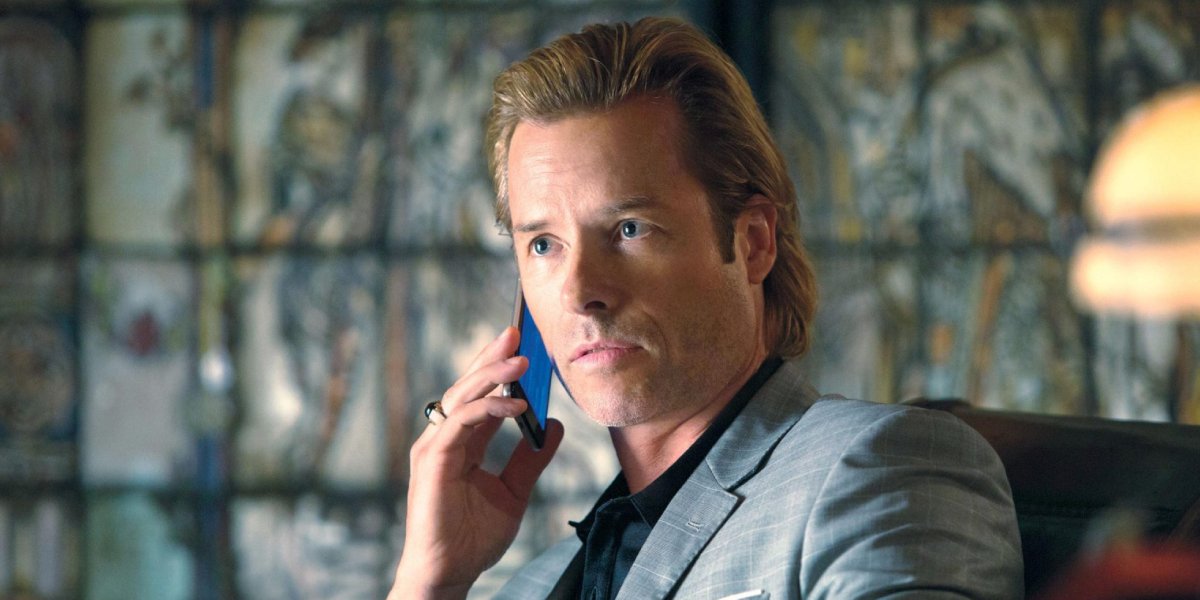
The "Real Mandarin" Is Even Weaker
You know, perhaps Shane Black should be applauded for that Mandarin misdirect because the reveal of Aldrich Killian (Guy Pearce) as the true antagonist the could not more obvious. The character is a cookie cutter villain by typical Iron Man movie standards for his jealous grudge against Tony Stark after blowing him off at a New Year's Eve party that, inexplicably, exists after his own achievement of wealth. His plan against Stark is so convoluted and his motivations are so questionable, neither of which is made better by the embarrassing realization that Iron Man 3 rips off the plot of The Incredibles, essentially.
Counterpoint: Even though a smaller portion of fans seem to pick up on those similarities, the case against Aldrich Killian is one even most Iron Man 3's biggest supporters actually do agree with. The biggest argument in his defense that I have found is how his greedy, science-based goals are at least a break from the typical otherworldliness of most MCU villains of that time, excluding the fact that he can regrow limbs and breathe fire. Plus, it should also be noted that Marvel had not really figured their villain problem just yet.
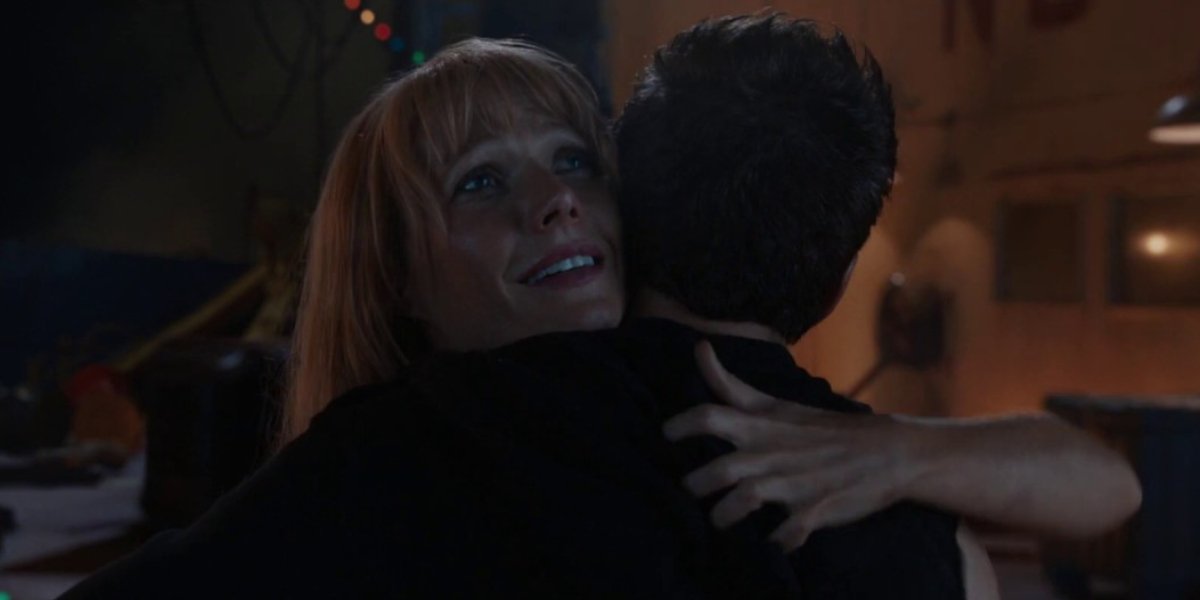
Tony Stark Destroying His Armor Is Pointless
However, some saw the ending of Iron Man 3 as telling that maybe Marvel Studios did not have their heroes all the way figured out either. In hopes to please Pepper Potts, Tony Stark asks Jarvis (Paul Bettany) to initiate the "Clean Slate protocol," causing every last one of his suits to self-destruct... that is until they all appear again, rebuilt and vastly upgraded, in Avengers: Age of Ultron two years later. Now, while this sounds a bit too much like a retrospective dig and not a justifiable of the film on its own, the fact that it is meant to be one chapter in an overarching story makes it feel incredibly out of place and a disservice to the continuity.
Counterpoint: To play devil's advocate, some feel Tony Stark's merely temporary abandonment of heroic responsibilities is fittingly paid off with his and Pepper Potts' later split, as implied in Captain America: Civil War, while others also like to think of it as a healthy reminder that Tony Stark is still Iron Man without the suits, even if they are still necessary to his Avenging capabilities. I feel no use in choosing either side of this particular argument myself as I -- if it has not been made clear yet -- care so little about Iron Man 3 that I barely even think of it as canon anymore and, as a result, do not feel it has much influence to my overall experience with the MCU either way. So, who cares what happens to the suits?
So, what do you think? Do you agree that Iron Man 3 does not do Robert Downey Jr.’s genius billionaire playboy philanthropist justice or are these arguments against the film simply unjust themselves? Let us know in the comments and be sure to check back for additional information and updates on the the MCU, as well as more explanations for some of the most debated blockbusters of all time, here on CinemaBlend.

Jason Wiese writes feature stories for CinemaBlend. His occupation results from years dreaming of a filmmaking career, settling on a "professional film fan" career, studying journalism at Lindenwood University in St. Charles, MO (where he served as Culture Editor for its student-run print and online publications), and a brief stint of reviewing movies for fun. He would later continue that side-hustle of film criticism on TikTok (@wiesewisdom), where he posts videos on a semi-weekly basis. Look for his name in almost any article about Batman.
